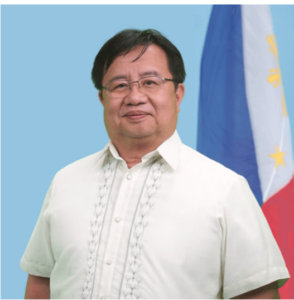Does the election of Bongbong Marcos mean that transitional justice has failed in the Philippines?
In May 2022, Ferdinand ‘Bong Bong’ Marcos, the son of former dictator Ferdinand Marcos won the presidential elections in the Philippines. The vice-presidential elections were won by Sara Duterte, daughter of the former authoritarian president Rodrigo Duterte.
What does the election of the son of a former dictator tell us about the Philippines’ transitional justice process? What to make of the historical revisionism that facilitated this electoral outcome, in light of transitional justice’s concern with truth and memorialization?
The episode highlights that, while many activists and justice actors were initially focusing on the recovering the ill-gotten wealth of the Marcoses, and later on fighting the extra-judicial killings happening as part of Duterte’s violent war-on-drugs, an entire campaign aimed at erasing the violence and crimes perpetrated by the Marcos family from the public discourse was shaping up under the surface.
“Recovering ill-gotten wealth was what we were doing, but the Marcoses were recovering power”
– Ruben Carranza-
The interviews underline the impact of this of historical revisionism and the difficulty in combatting it in a context where there was never a widely shared and state-sanctioned historical narrative about the violence and economic crimes perpetrated by the Marcos regime. In the absence of a formal truth commission or institutionalized memorialization efforts, developing a shared understanding of the violence that transpired has been difficult. At the same time, the current campaign of historical revisionism, while commonly being traced to the Marcos family, is mostly being waged on social media platforms in a highly decentralized manner, making it difficult to develop an encompassing strategy to counter it.

Carmelo ‘Chuck’ Crisanto is the director of the Human Rights Violations Victims Memorial Commission of the Philippines, a state agency mandated to memorialize the human rights victims of the Martial Law.

Ruben Carranza was a commissioner on the Presidential Commission for Good Governance from 2001-2004, and is currently a senior policy expert on reparations at the International Center for Transitional Justice



